We refer to loving not in terms of lust, but in terms of not hurting yourself and not hurting anyone else — and taking care of yourself so you can take care of other people. That’s what we refer to as loving. To be in a place where you love everyone is self-realization. Loving them is actualizing. – John-Roger
This message from John-Roger was first published in the Insight Newsletter, May 1979.
For centuries now, we’ve been trying to answer questions that all humanity asks, like “Why are we here?” “What’s the reason for all these things that go on in this world?” “Is there anything more than just this world?” “Is there anything that lives after this?” If we can answer these questions, then we can find freedom here – but we can’t have liberation until we no longer have to come back onto the planet. My job is to bring freedom and liberation – but not through any dogmas or religious creeds or anything like that. It’s brought through experience. You can experience sitting in a chair. These other experiences, even though invisible, are just as real and can move you much more deeply than if someone were to give you thousands of dollars. This force that moves us invisibly is what we refer to as the Soul.
If we want to grow physically, we exercise the physical body by means of lifting weights, gymnastics, etc. To grow astrally, we exercise the imagination — we learn how to visualize, or image in, what we want. Those two types of growth become very easy for us here on the physical planet because we spend a great deal of the time running around and daydreaming. To grow emotionally, we get involved in things like anxieties, depressions, happiness, joy and laughing. Falling in love, falling out of love, being disappointed, feelings of adventure — these experiences allow us to grow in the emotions. To develop the mind or the mental area, we may go to school…and hopefully we grow mentally there. Usually we don’t. We learn rigid forms of how to repeat back information. We don’t usually learn how to really think. After we get out of school, we may learn how to think. Sometimes that’s too late.
But, because we have a Spirit, we can make up for lost time by developing the strength of Spirit through spiritual exercises or affirmations, the same way we can build up the mind, the emotions and the body through exercises. These can be learned by anyone, but they can’t be done by anyone. Anyone can learn the techniques, like anyone can pick up a pencil. But that doesn’t mean you’ll have good handwriting. Here in the physical, we just present the ideas as an educational format, and the person plays back the information to see if they heard correctly. But there’s no way to know here physically that you will do it correctly. We can go up to the Spirit and look at what you’re doing to see if you’re doing it correctly. Once you have learned that, you then have what we call self-realization.
We’re going to deal with three ideas now: conceptualization, self-realization and actualization. Conceptualization is where we learn to visualize. Realization takes place once we’ve done the conceptualizing and can move through the spiritual exercises to Soul — then we say we’re self-realized. A person could lie, though, and you wouldn’t know here in the physical world. Even one self-realized person can’t know if another is, just like one person telling a lie may not know if another person is lying. I could sit here and say I have self-realization, and there is no way you could know. I could lie to you, but what difference would it be to you anyway? That’s the key that we deal with; not me — you. I know what I can do. I also know what you can do, because I go beyond self-realization into self-actualization.
A person who is actualizing can be seen doing it. Anybody can know they can do that, because it involves certain types of action. Self-actualization deals in the invisible, but it can be seen in action — for instance, telling people things about them and their personalities that other people might not know, things that often the individuals themselves don’t know until you tell them. Then they say, “Oh, yeah.” To be self-actualized, we have to have gone through physical exercises, astral exercises, emotional exercises, unconscious or etheric exercises and into self-realization — and that’s what we call Soul consciousness. That’s freedom. You are free inside of you, so that you don’t get trapped by other people, but you’re still not free from the planet. To get free from the planet, you have to live in the Soul, which we refer to as being centered. It doesn’t mean being rich, walking on water, raising the dead or anything like that. It just means knowing who you are — the self, the Soul or what is referred to as the personal God. We can do the same thing without calling it any name, just following the techniques.
Not all lives should be lived the same way because we all have different things to learn and accomplish, so we all do things differently. In Insight Seminars, the one thing we have in common is loving. We refer to loving not in terms of lust, but in terms of not hurting yourself and not hurting anyone else — and taking care of yourself so you can take care of other people. That’s what we refer to as loving. To like everyone is a good concept — that’s conceptualizing. To be in a place where you love everyone is self-realization. Loving them is actualizing.
Everything that happens to me or you, as individuals, we either allow, create or promote. We are the creator. To blame anybody else is ignorance. So our main job is to know ourself, and to that self be true. But on this planet nothing is perfect except change, and change happens perfectly — not according to our idea of perfection, but just according to what happens. It declares its own perfection whether we like it or not. It would be smart to like it, because that’s what’s going on. What’s going on is reality. If we’re at odds in what we think about it, then that is our illusion. We call it sickness. To prove our illusion, we get headaches, backaches, depressions and even die — thereby showing we’re right, dead right. That’s a wrong approach.
The correct approach is to get with what’s going on. Then we have some sense of well-being. The habit pattern may be that because things change and appear to do so erratically, we are always upset. The way we grow, then, is to take everything that comes toward us, regardless of whether it’s “good” or “bad”, and use it to our advantage. If there is not enough food, we fast and cleanse the body. If we are at a movie that’s really “bad”, we do spiritual exercises, or repeat affirmations. If we are talking to someone and they don’t seem to understand what we are doing, we use the time to study them — to see how they are living their life — and if anything is workable, we take that and use it. The things that don’t work, we let go. We have to know the difference. We see if it works, and if it doesn’t, we do something else. Trial and error. Once we find something that works, we master that. Once we have mastered that, we don’t have to think about it, and we live freely. Then we have joy and happiness. If an accident comes our way, we use it to our advantage. Sometimes that’s difficult and takes a great deal of creative imagination to move everything so that you can use it for your advantage, or neutralize the effect upon you by realizing that, once it’s happened, you can’t do anything about it by thinking about it or re-living it in your mind. Your attitude is the key. The correct approach is to get with what’s going on. But a horizontal change is not really progress; just change. Sometimes a change may not be working for you. You might go from eating a lot of food to using drugs. Or from smoking a lot of cigarettes to drinking a lot of alcohol. We must do the perpendicular. On the bottom we have the concept. On the horizon we have self-realization. Above the horizon is the perpendicular — actualization — when you actually do it. With actualization comes freedom.
We are all free to different levels. Some of us are free because we are 21. Some are free because we are out of school. Some of us are free because we have lots of money. We may think that to be free means being able to do anything we want to…and getting away with it. That’s not freedom — that’s indulgence and irresponsibility. That’s like wanting to eat all the food you want and not get fat. It doesn’t work that way. You don’t prove your freedom by how many things you can do. Often, freedom is not what you live with, but what you can live without. If two people live in a city — one in a big house and the other in poverty — and they are forced from their homes and into the street, which one would get along best? Here you would find which one is free. Perhaps the one who has the big beautiful house has become weak and soft and can’t live out on the streets while the one who has practically lived on the streets in poverty gets along well from day to day.
Everyone has the ability to go back inside using these techniques, and live in that balanced center within. Doing it might be a whole other story because you have set aside time. It’s similar to learning the multiplication tables — you had to set aside time and do it. Once you memorized it, you could call up to mind what you wanted, and that left you free within the multiplication discipline. Discipline doesn’t bring rigidity and hurt. Discipline brings freedom. If an authority made us stand in a room and told us the one who stands up straight the longest would be freed — who do you think would do it? The untrained, or someone who had training in the military to stand up for long hours? The one who had been disciplined. There is your freedom. It’s not torture or punishment, but it is the willingness to learn that makes the difference — and that’s our attitude.
We can at any point decide whether a disappointment is going to destroy us or build our strength. We can gain strength in our mind and our emotions by being tried. We have to prove ourselves — not to others but to ourselves — because we are our worst judge. We have no right to judge unless we have really done our very best — and it’s hard to know of the best here in this world. Consequently, we can’t judge here! We have to go into the Spirit to see clearly what it is. Then there is no need to judge because you are free of it. It seems to be like double talk, but that’s the way it is when you listen to the heart. When you listen with the mind you have to do the first grade, second grade, third grade, fourth grade, etc. When you listen with the heart you do the first grade, third grade, eighth grade, graduate. It’s called instant realization. That’s of no value unless you can teach it to somebody else. Otherwise you can become very lonely by your realized self. That loneliness is one of the things that kills us. We just don’t find people on the planet physically who can be companionable to us the way we really want — they can’t read our minds, nor sniff out our feelings. But we think they should know — so we don’t tell them. It really can’t work that way. But if we love ourselves, we are fulfilled through the Spirit, and then all we do is let this love flow out to everyone. This, then, is the living love made manifest.
Baruch Bashan,
John-Roger







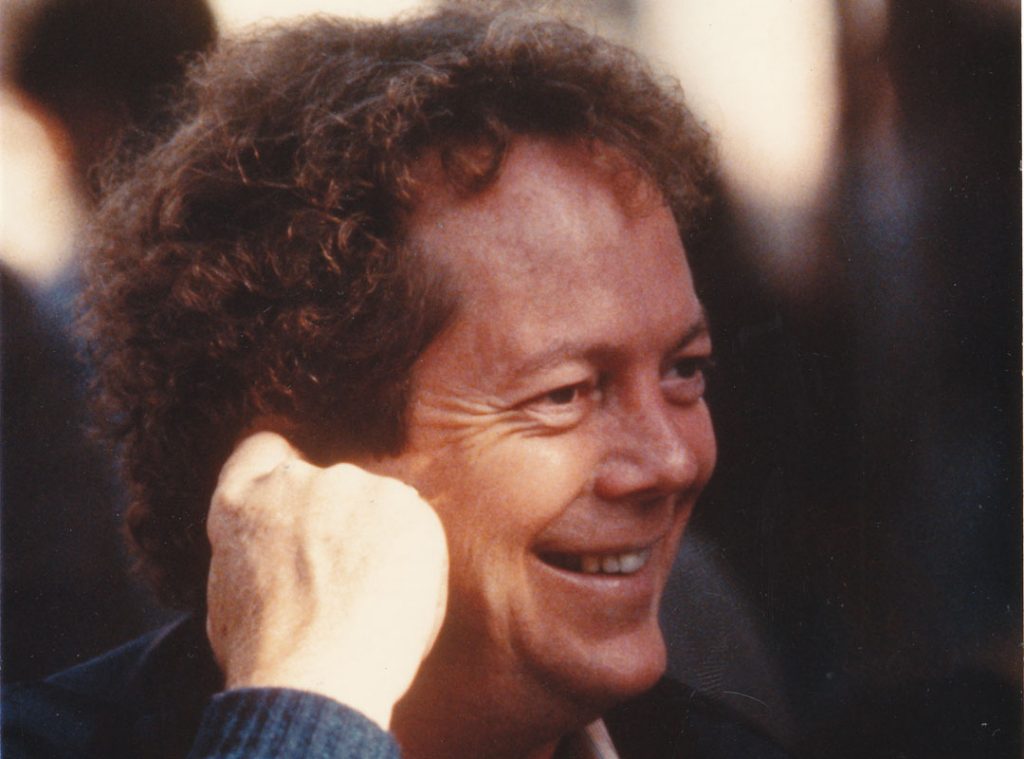
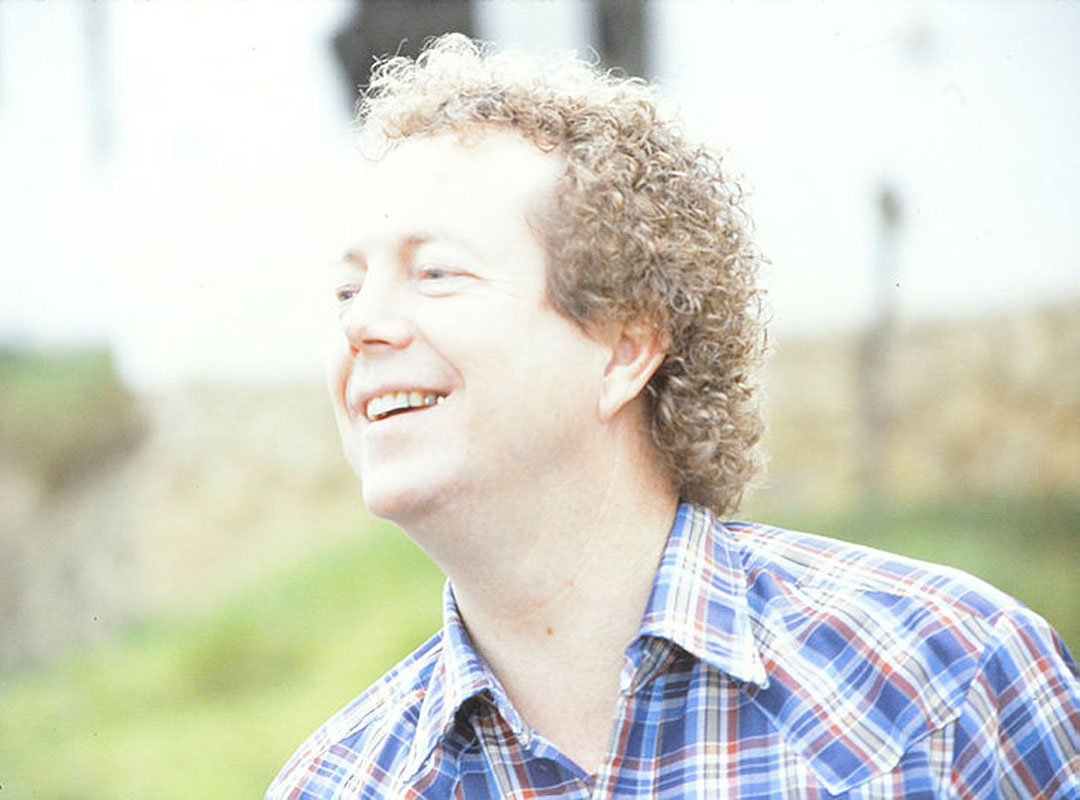
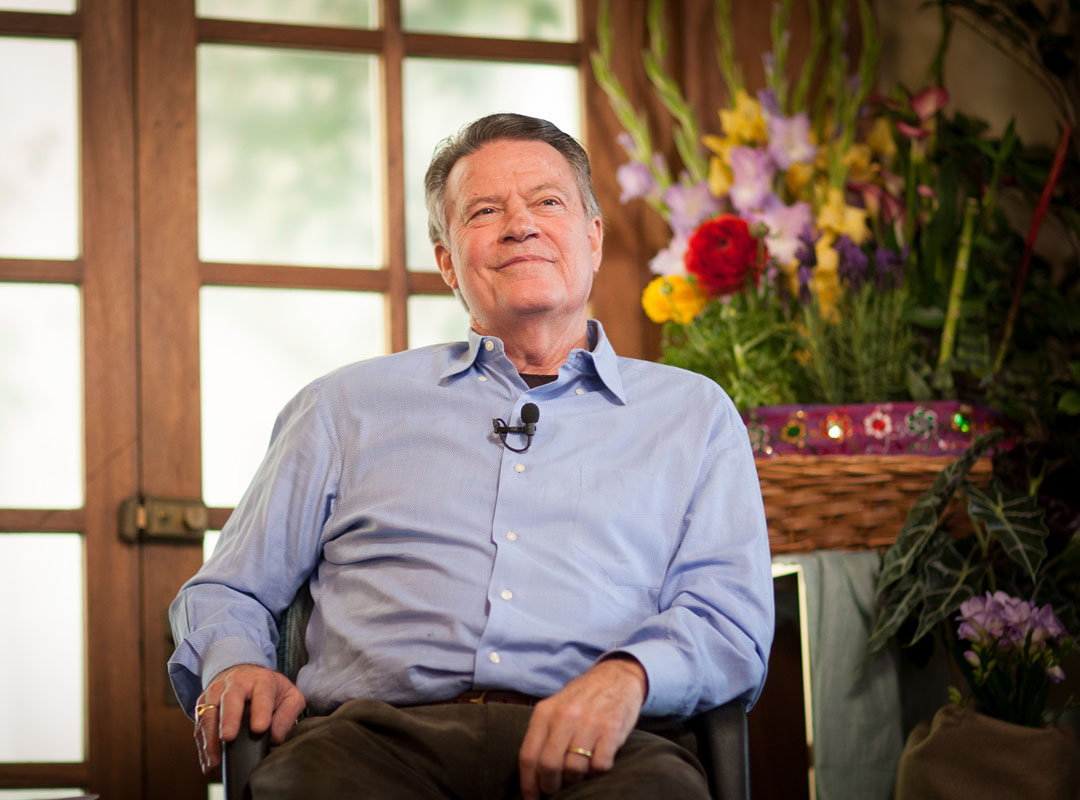
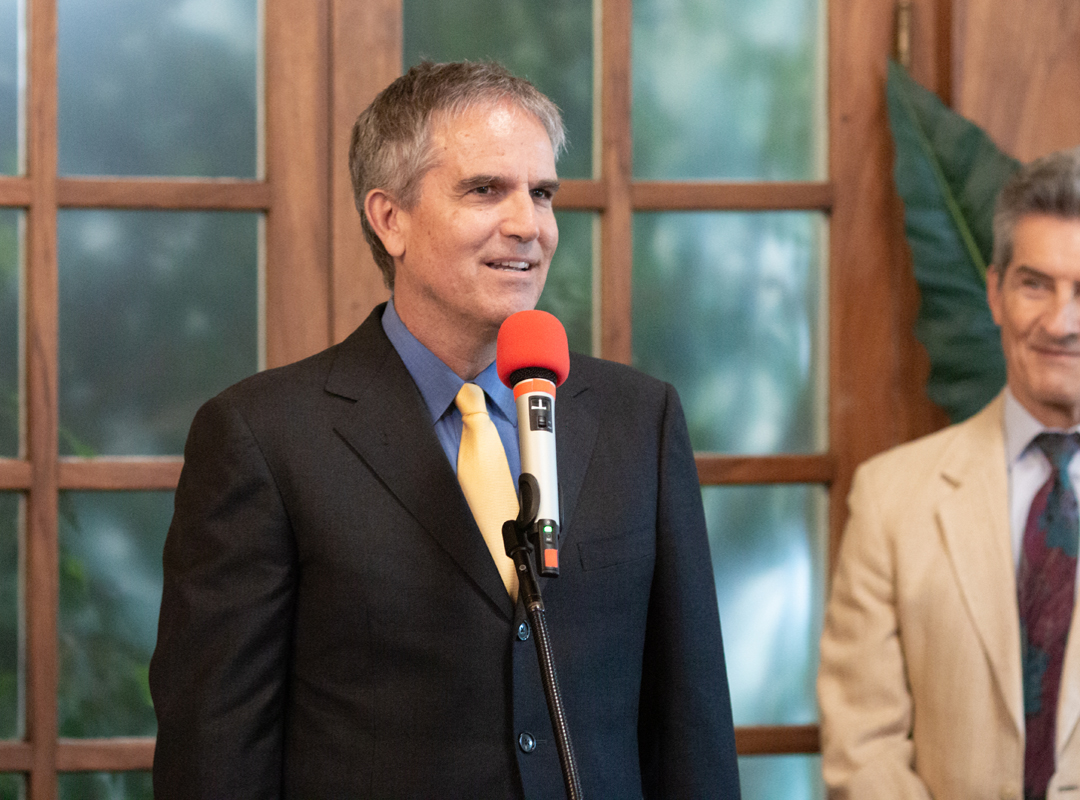
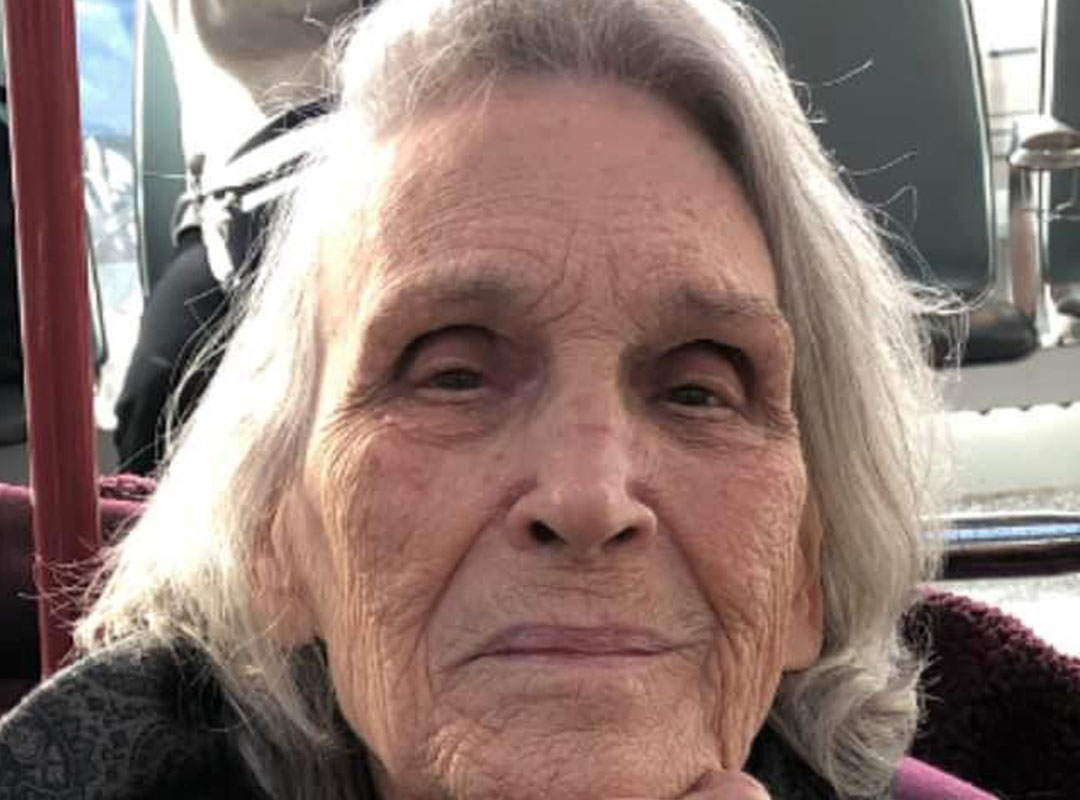
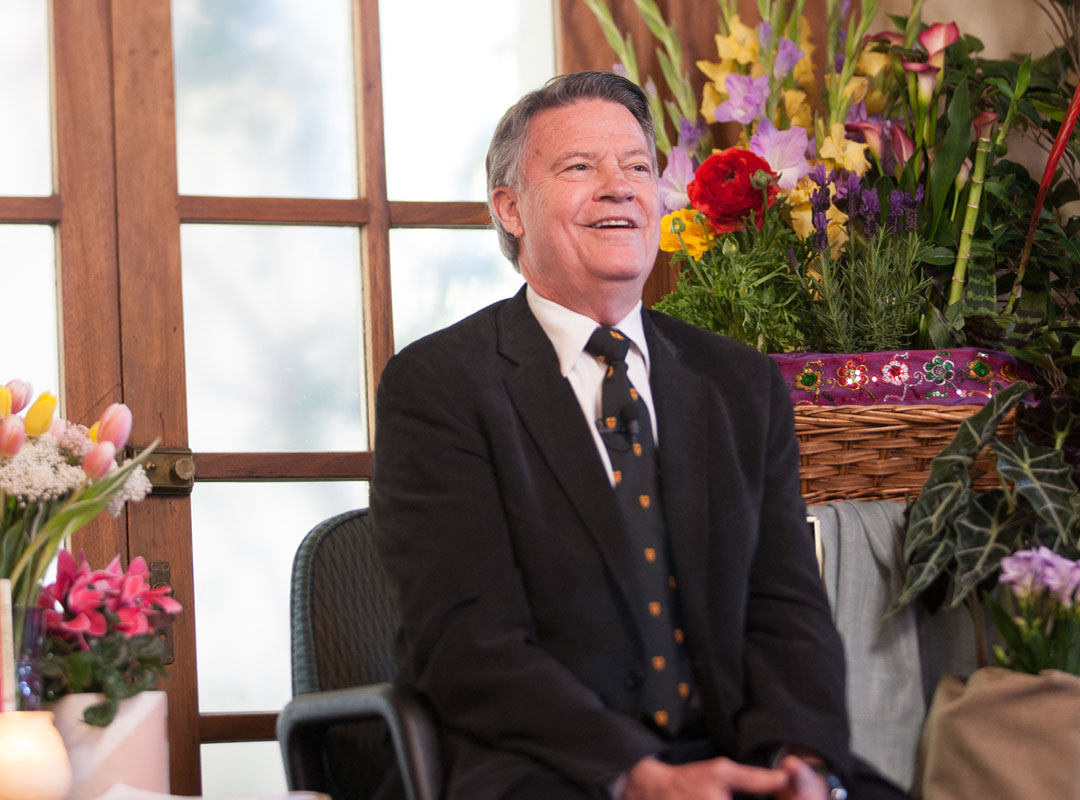

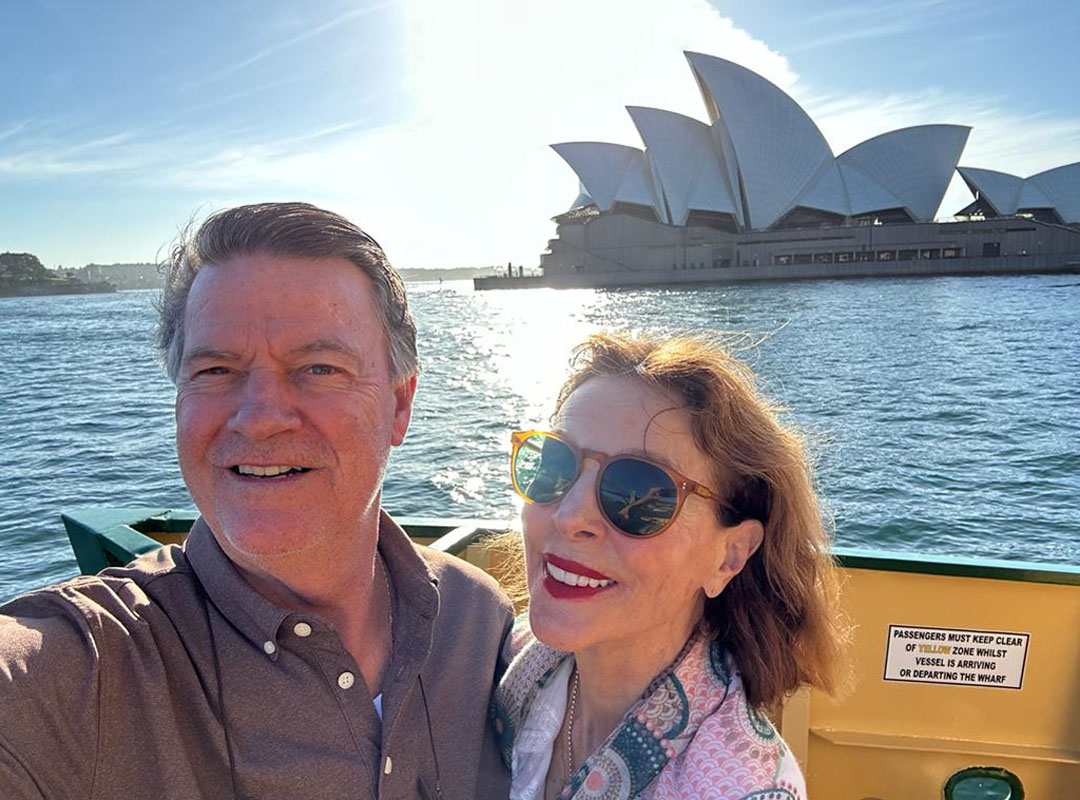
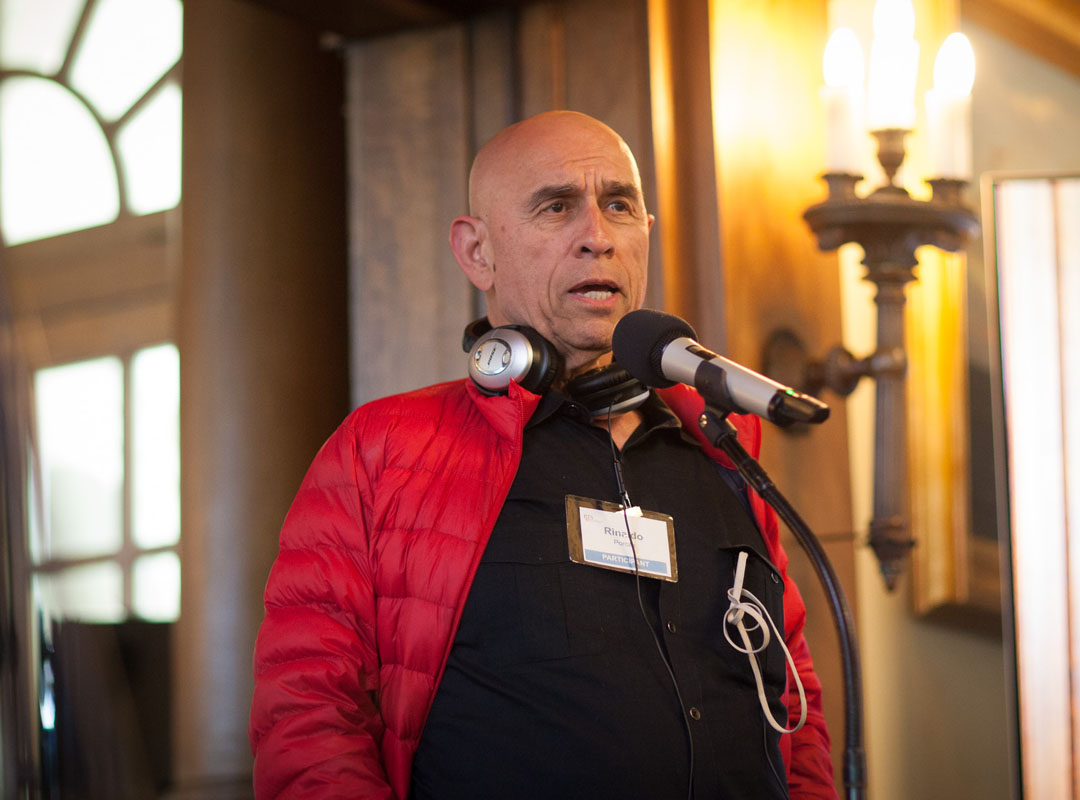
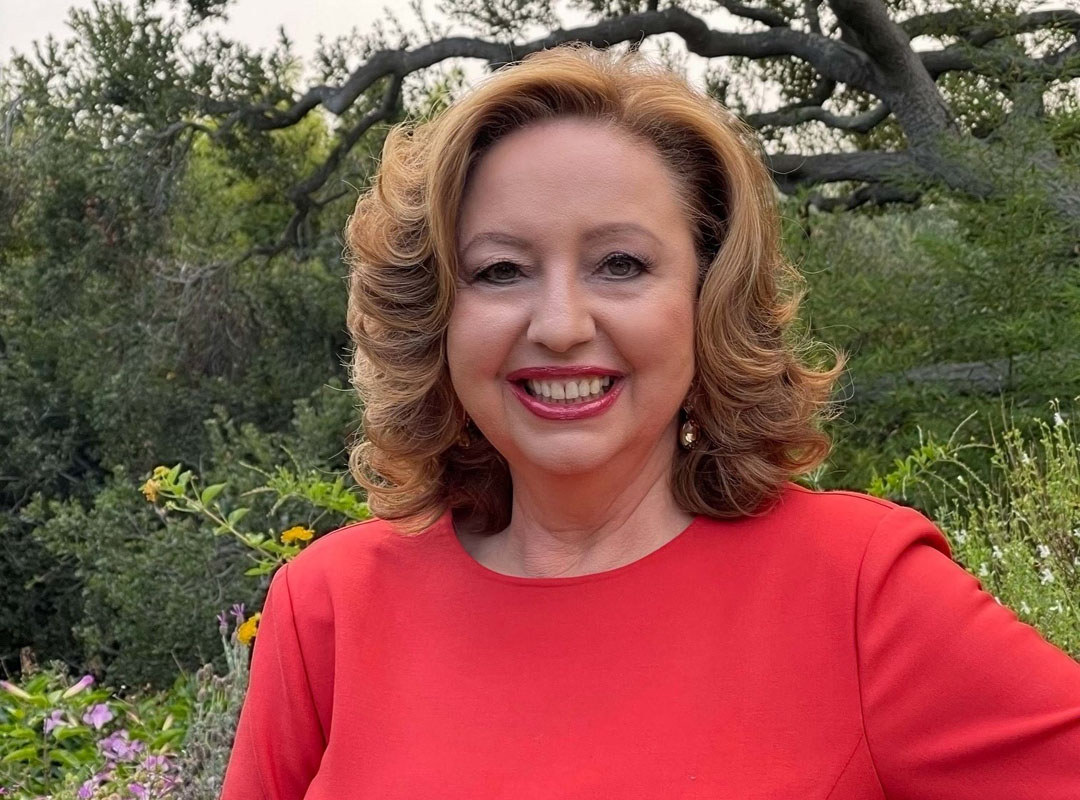
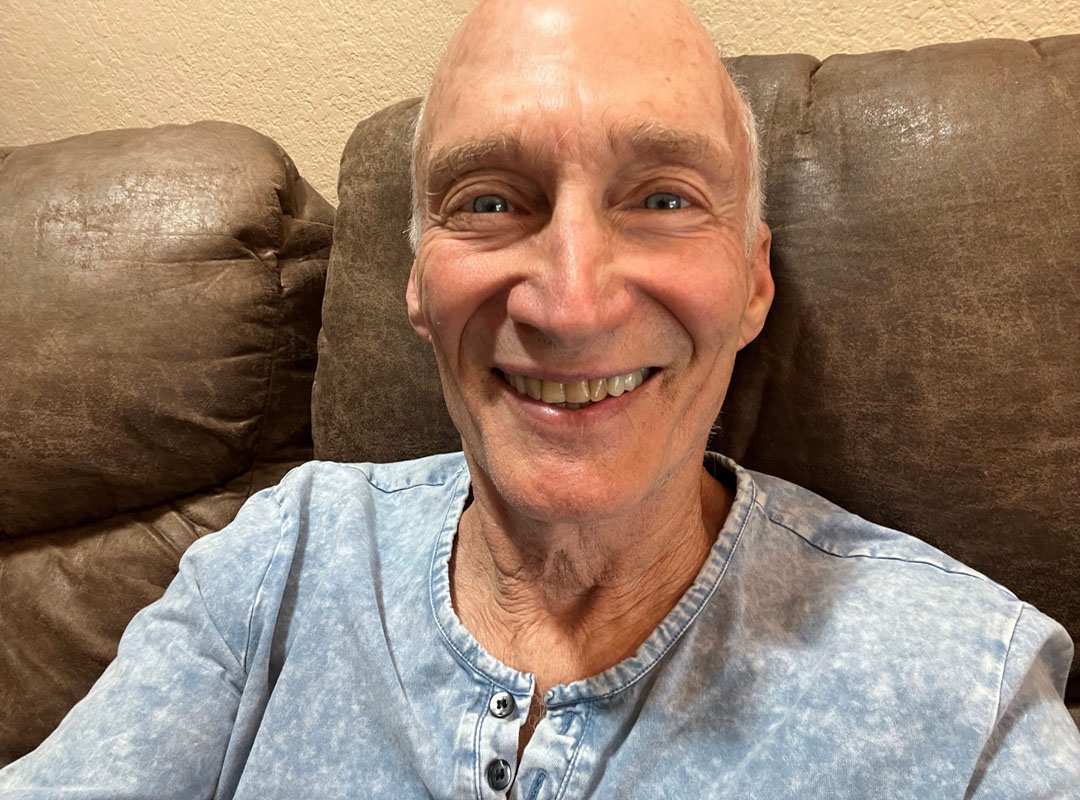
Since I came in contact with msia my nerves has remained calm and my life so peaceful. Thanks
JR is the single most important Force that has influenced me in my life. His wisdom and love has helped me to see the world and myself in the truest way. God bless him